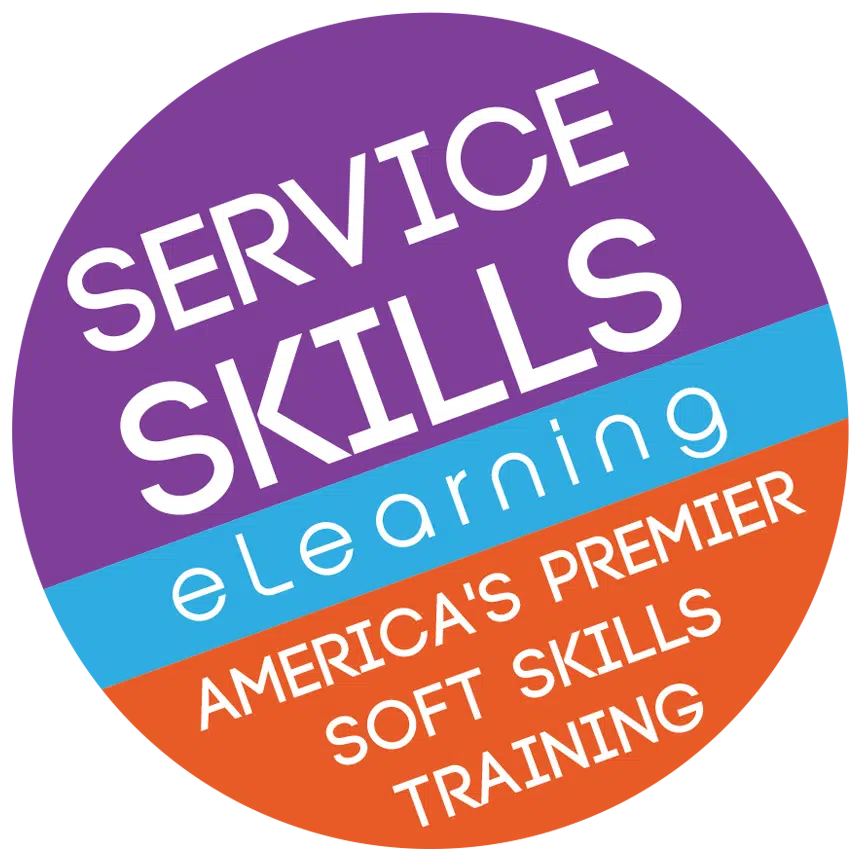Depending on the industry, it costs between 5 to 25 times as times as much to acquire new customers as it does to keep an existing one. So why don’t companies put more time into teaching their employees how to handle customer complaints constructively?

Give your employees the skills they need to succeed in difficult customer situations. This will allow you to retain customers, save money and grow your business.
ServiceSkills.com is an online learning resource for companies that value their customers. Our scenario-based videos provide your employees with real-to-life techniques for satisfying complaining customers.
Great customer service starts with management valuing existing customers, and providing their client-facing employees with the training they need to deal with customer complaints.
Through ”right way” and ”wrong way” vignettes, our training videos will teach your team how to leave complaining customers feeling acknowledged, heard and valued. Invest in your bottom line by giving your employees the training they need.
How to deal with customer complaints: 5 skills your client-facing employees need to learn
- Be appreciative for each complaint Every complaint is an opportunity to retain a customer. Instead of just leaving, your customer is taking the time to let you know that they’re upset. Find out what’s wrong, address it enthusiastically and the customer will not only stay, they may end up being a customer for life.
- The client is always right This is more than just a phrase. It should be your employees’ guiding principle. The customer might not be right, and you might not be able to give them what they are asking for. But they aren’t wrong for being upset. Be empathetic and put effort into resolving the issue.
- Don’t assume a client is a ”professional complainer” There are customers who try to milk your organization for every penny, but they are few and far between. Never begin a client interaction with the assumption that they’re just trying to get a freebie. If the customer thinks you don’t take their concern seriously, it will just exacerbate the issue.
- Get to the root of the problem The client doesn’t always know how they want a problem resolved. Make sure you completely understand their frustration, and then offer solutions that address the root of the problem.
- Be quick and be thorough Customers want their complaints to be addressed quickly and completely. By giving your employees actionable strategies for handling customer complaints, they will be better equipped to solve problems in a timely fashion.
Companies cannot afford to ignore the importance of customer complaints. By investing in training and providing employees with the skills they need to handle difficult customer situations, businesses can retain customers, save money, and grow their bottom line. ServiceSkills.com offers an effective online learning resource that provides real-life techniques for satisfying complaining customers, and their training videos can help businesses ensure that their employees have the necessary skills to address customer complaints constructively.
Great customer service begins with valuing existing customers and providing employees with the training they need to handle customer complaints. By adopting the five skills discussed in this article – being appreciative, believing the client is always right, avoiding assumptions, getting to the root of the problem, and being quick and thorough – businesses can transform customer complaints into opportunities to retain and grow their customer base. So, invest in your employees’ training and reap the benefits of satisfied, loyal customers for years to come.











